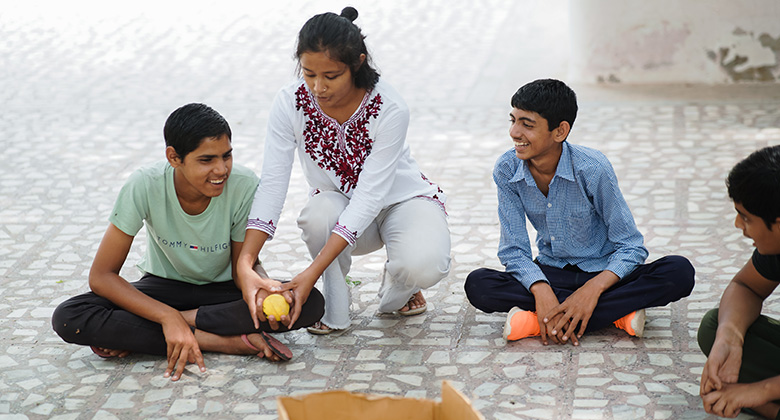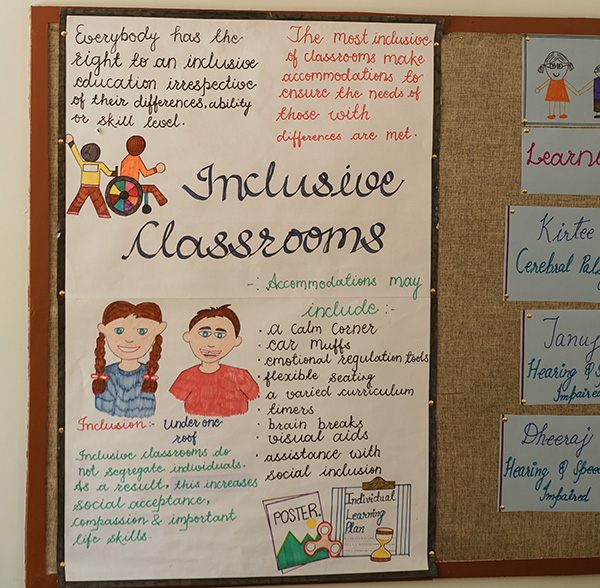
"I have a dream that my four children will one day live in a nation where they will not be judged by the color of their skin, but by the content of their character."
These immortal words, spoken by Martin Luther King Jr. during the historic March on Washington for Jobs and Freedom in 1963, encapsulate the vision of a just and equitable society, where individuals are valued for their intrinsic worth rather than external factors. Sixty years later, these words resonate profoundly with the parents of Children with Special Needs (CWSN), who hold a similar dream for their offspring – a dream of a learning environment free from prejudice, where differences are embraced, and individual worth is celebrated.
The significance of education in the development of children cannot be overstated. Education not only equips individuals with essential skills but also elevates their social standing and grants access to networks that can lead to improved social outcomes, regardless of its impact on income.

Despite this, globally, children with disabilities encounter marginalization within the educational system and face various forms of discrimination from society. Too often, exclusion from the classroom serves as the precursor to a lifetime of marginalization from mainstream society, as evidenced by the following accounts from parents and their differently abled children:
"I was urged to withdraw my child from school because the school administration believed his disability would hinder academic performance, tarnishing the school's reputation."
"I endured taunts and exclusion from classmates due to my speech impairment and mobility limitations, while teachers overlooked my participation in school events."
"I was compelled to abandon my education due to inadequate facilities for Children with Special Needs at my school."
Instances of discrimination such as refusal of enrolment, denial of accommodations, and exposure to abuse and bullying illustrate the pervasive obstacles hindering the safe and fulfilling educational experience of CWSN.

Combatting discrimination in education is not only essential for fostering inclusive learning environments but also for challenging broader societal prejudices. Inclusive education systems, grounded in a rights-based framework, empower learners, celebrate diversity, and confront discrimination. They employ strategies that cater to diverse learning styles while accommodating the specific needs of individual students, thereby targeting, and including other marginalized groups, ultimately promoting inclusion for all.
Inclusive learning environments serve as catalysts for breaking down barriers and fostering acceptance. When children learn together inclusively, they develop a deeper understanding and empathy for others, mitigating exclusion and discrimination. It represents a significant stride towards forging a more equitable and compassionate society.
As we observe 'Zero Discrimination Day' on March 1st, let it serve as a poignant reminder of the imperative to respect one another and embrace diversity. This occasion symbolizes a beacon of hope, promising the creation of inclusive spaces within educational institutions where every child feels valued and included. It underscores the collective responsibility of society to provide CWSN equal opportunities to discover and develop their potential. Every endeavor to foster such understanding and acceptance brings us closer to the realization of a truly inclusive and empathetic society.
Towards this end, Piramal Foundation is working to foster an environment of acceptance, understanding, and respect through inclusion in education creating equitable and enriching learning spaces for children with and without disabilities.
TAGS
SHARE





